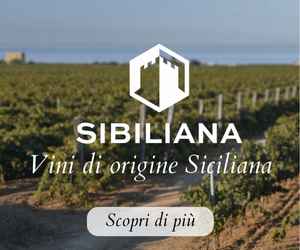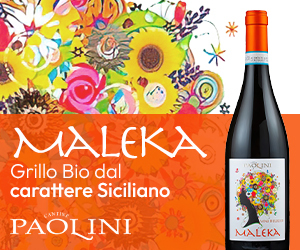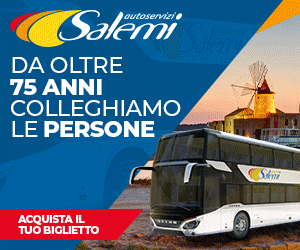On February 16, exactly one month after his arrest near the La Maddalena clinic in Palermo, Sicilian boss Matteo Messina Denaro spoke via video link before Judge Alfredo Montalto and prosecutors Giovanni Antoci and Gianluca De Leo. His statements wavered between an inclination to disclose and a penchant for misdirection.
Simultaneously, Messina Denaro both denied and admitted. At times, he seemed to be "playing," almost mocking the judges. He claimed to lead a comfortable life, stating, "I lack nothing," but when asked about his assets, he first said he had none, only to contradict himself moments later with, "in fact, I do."
Judge Alfredo Montalto interjected, asking about an old extortion case, and Messina Denaro went further, specifying that he wasn't the one who killed young Giuseppe Di Matteo. "It was the Brusca," he declared, labeling them "scum." When questioned about the alleged Roman death mission against Giovanni Falcone and Maurizio Costanzo, Messina Denaro denied involvement but admitted to frequenting Rome. He mentioned owning a boat in Ostia. He denied knowing Totò Riina and the Graviano brothers, confessed to acquaintance with informants Sinacori and Geraci, disavowed any involvement in the Via dei Georgofili bombings, accusing Palermo's clans instead, asserting they planted a bomb with knowledge of the impending tragedy. He discussed his life on the run, being abroad from 2005 to 2015, his wealth, those who aided him without divulging names, and his "presumed" moral integrity.
Dealing with His Jeweler Friend, Geraci - Messina Denaro confirmed to the judges that he knew Francesco Geraci, the jeweler who guarded Totò Riina's gold, a childhood friend and accomplice who later turned state witness and died a few months ago, succumbing to the same illness as the boss. Investigators are confident they've identified "Malato," the code name used in the boss's messages. Allegedly, it refers to Andrea Geraci, Francesco's brother.
Regarding the jewelry store, the late boss responded, "His brother, Andrea, opened the jewelry store. I say 'opened' because he's since passed away. Suddenly, he told me they wanted to expand, and asked if I wanted to participate because they needed liquidity... It wasn't just a jewelry store; it was a wholesale gold depository. Private individuals didn't come to us; they went to them. They bought necklaces from us, but jewelers and goldsmiths who then sold to the public. At that time, gold was purchased in Vicenza and Arezzo. People bought 20 kilos, 30 kilos, 15 kilos. We didn't sell small 100-gram necklaces." However, their partnership dissolved with Geraci's cooperation.
Poker and Baccarat in a Mazara Club - Messina Denaro recounted a period when he frequently played poker and baccarat at a club in Mazara del Vallo. He described, "We played high-stakes games of all kinds at this club in Mazara... We were about a hundred people, always the same faces. We played poker, baccarat." Among the regulars was Vincenzo Sinacori, the boss who later became a collaborator of justice.
Dedicating Himself to Protecting His "Freedom" - From 2005 onward, Messina Denaro claimed he felt cornered. For fifteen years, his sole focus was preserving his freedom. "In the last 15 years since 2005, I couldn't move freely. I was surrounded everywhere... If I had the mindset to continue or make money, I'd be arrested within a week because to do these things, I'd have to be in contact with people," Messina Denaro recounted. "Instead, in these years, I dedicated myself solely to not getting caught, to protecting my freedom. It was my right to remain free, from my point of view, as a human being, so you can imagine, I didn't consider doing business with anyone. Besides, I was already living quite well on my own."
"I Left" - He explained his decision to leave, "When I saw all this pressure around me, I left. I prioritized the most important things in my mind. From my perspective, the most important thing was my freedom. At that moment, I decided to leave because I understood I couldn't last. If I tried to make money, I wouldn't last for another reason - there were no longer quality people around, you see."
"I Was Abroad, but I'd Return" - Messina Denaro stated he lived abroad for about fifteen years but would return periodically for short durations. "I'd return for my family, because I never lost contact with them, because that's my family. However, I left, and every so often, I'd come back. I'd stay a week, 15 days, a month, then I'd leave again. I did this for fifteen years. I was abroad, Mr. President. I left for about fifteen years; I led this life. You see, my life unfolded there. I didn't care about anything here, neither in Sicily nor in Italy, because we know I'd get into trouble, what sense would it make for me, who wanted to stay free?"
"Abroad, Some People Helped Him and Had His Things" - When asked where he was abroad, Messina Denaro didn't respond. He acknowledged that some people aided him, but he wouldn't disclose their identities to avoid "slandering" them. "No, no, I won't say who they are. There are people who helped me, people who have my things, but more than that, they helped me, and I've never slandered anyone. I'll die without slandering anyone; that's Matteo Messina Denaro."
Denies Wind Turbine Ventures, Confirms Supermarket Business - Messina Denaro denied involvement in wind energy projects with businessman Vito Nicastri. "I never took a cent from those poles... The poles involved shady situations or things like that, which I refused, I couldn't do it because I'd get into trouble, they'd have arrested me much sooner. If you want to know how I made money, I can explain. I've seen stolen archaeological artifacts in collectors' hands from all over the world." He confirmed investing in Giuseppe Grigoli's Despar supermarkets but not during his time on the run. "During my time on the run, no, because based on how I had set up all my affairs, they were already settled. There were things that ended, like the supermarkets, for instance, but having said that, I didn't invest while I was on the run."

 Sezioni
Sezioni







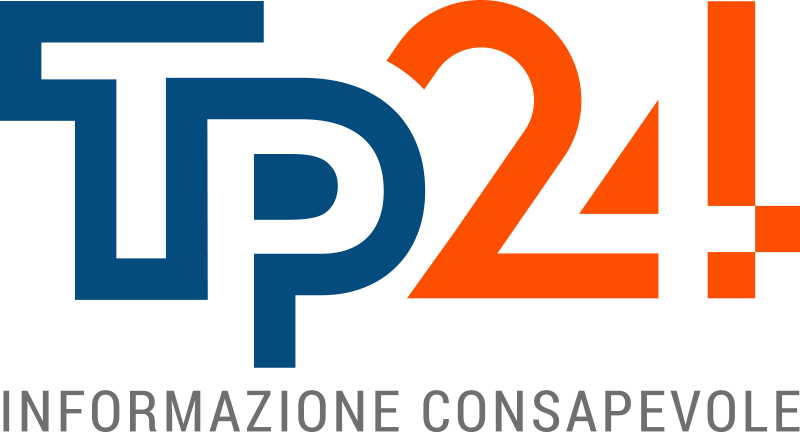









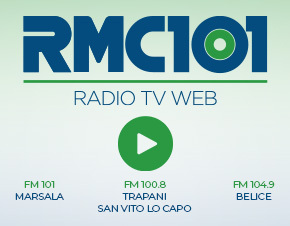
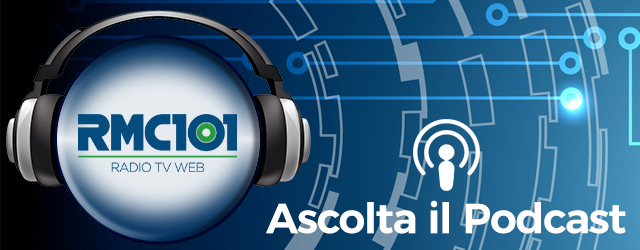
 Il caso Iuventa/ 5. La fine di un'inchiesta costata 3 milioni di euro " >
Il caso Iuventa/ 5. La fine di un'inchiesta costata 3 milioni di euro " >
